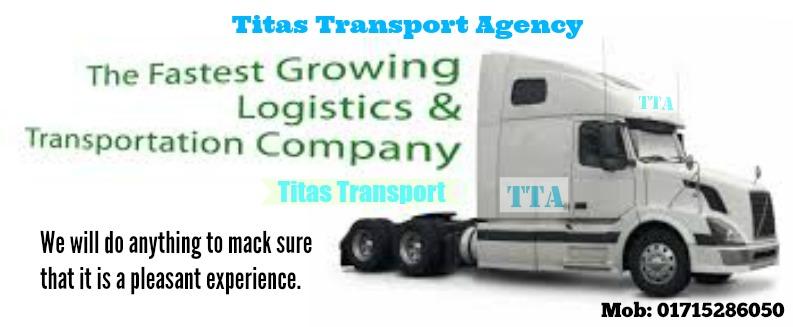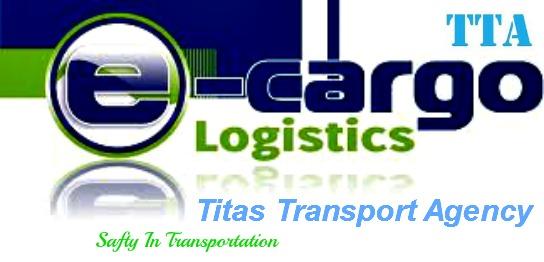Being produced and consumed at the same time, transport is a complex production relatedto a natural balance between supply and demand in the market. This complexity has several major consequences. The organization of the market cannot properly work without the intervention of specific economic agents, in charge of arranging a
match between supply and demand of transport.
Freight-forwarders are not only auxiliary actors; they often play a major part in transport chain conception, trade and control .At the same time, two opposite risks threaten economic development; under-capacity of transport is a bottleneck to
growth, whereas over-capacity allows a fluent circulation of goods but gives transporter too much bargaining power, prompting carriers not to respect
social and technical regulations so as to survive in an excessively competitive context. The State therefore intervenes, through limitation of access to
the profession, prohibition of occasional transport service by own account carriers, control of law implementation, etc. Fiscal issues, including taxes on energy, Blocked, Hortal and infrastructure pricing are other political topics, the importance of which is enhanced by a growing concern for
“external impacts” of transport.
As a leading transport logistics service provider Titas Transport understand nature, volume and geography of transport flows are rapidly changing, together
with the organization of production and trade. Lean production notably relies on cheap, fast, reliable transport.The reduction, if not the disappearance, of inventory, along the production and distribution channel, following “just in time” methods, has strong consequences on transport requirements.




.png)










